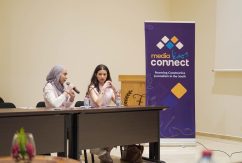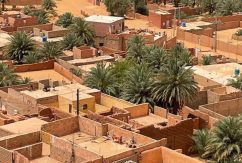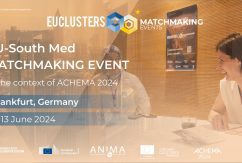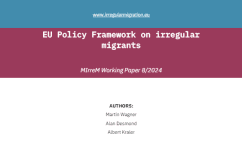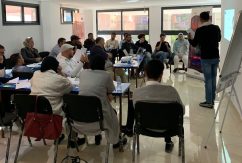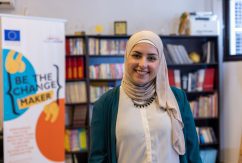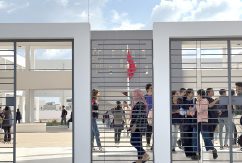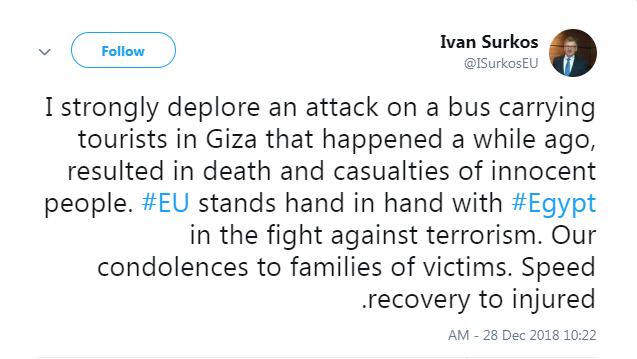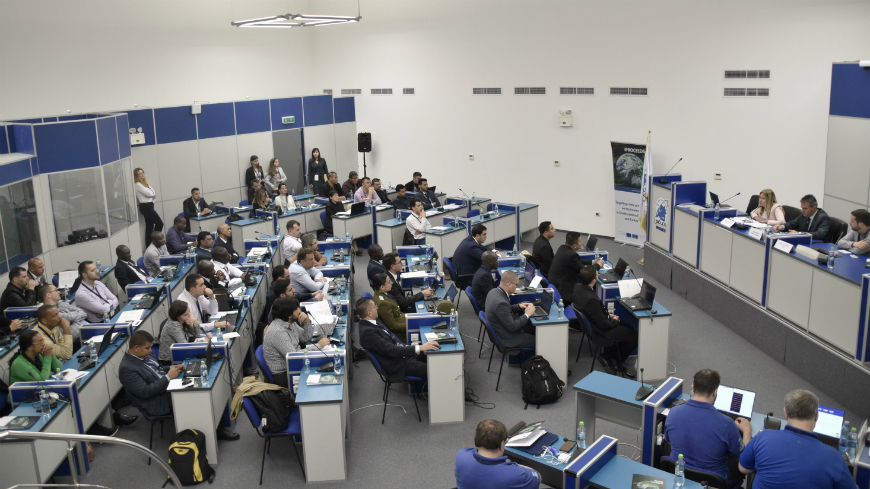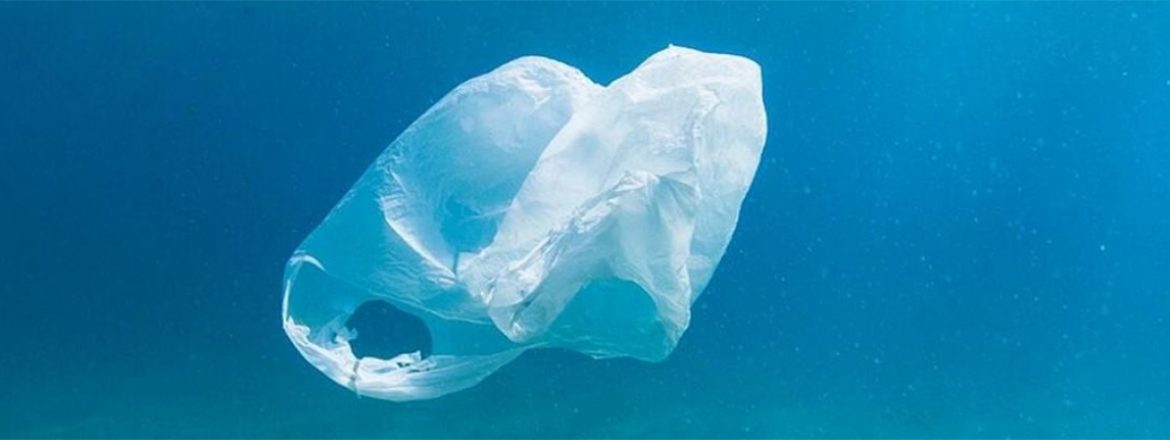EU MED-QUAD enhanced the use of IT for cultural heritage in Egypt, Jordan, Palestine and Tunisia
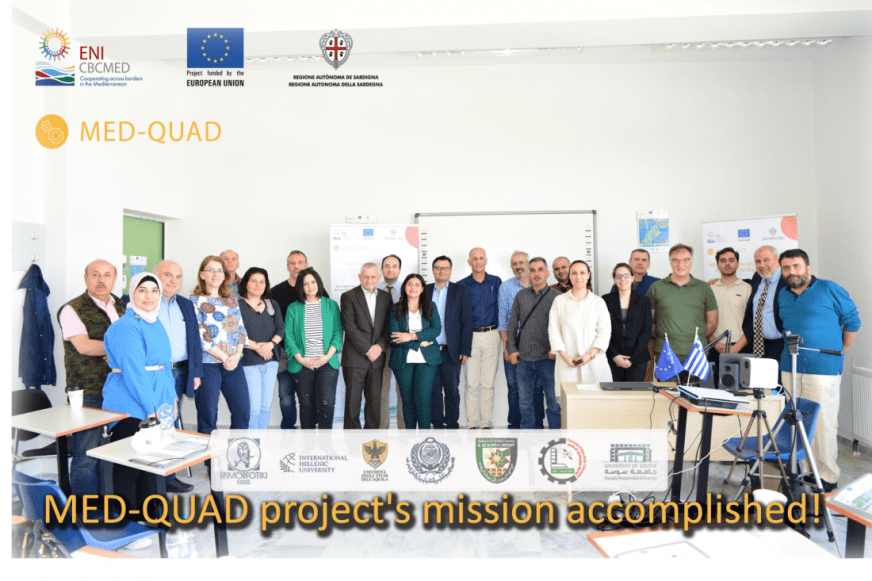

The MED-QUAD project, co-financed by the European Union under the ENI CBC Med Program, started on September 8, 2020, and successfully concluded on November 7, 2023. Epimorfotiki Kilkis SM LLC, the Lead Beneficiary of the project, collaborated with universities from six Mediterranean countries to enhance cooperation among universities, businesses, local administrations, and society, utilizing the Quadruple Helix Approach. These partners, functioning as “Civic Universities”, achieved remarkable results in research and innovation through cross-border cooperation. The project’s activities focused on the promotion of cultural heritage and water conservation, with the beneficiaries extending to not only official bodies but also citizens.
The administrative, scientific, and research staff of Epimorfotiki Kilkis SM LLC from Greece, the International Hellenic University (IHU), the University of L’Aquila (Italy), the Arab Academy for Science, Technology, and Maritime Transport – AASTMT (Egypt), Al-Balqa’ Applied University – BAU (Jordan), Palestine Polytechnic University – PPU (Palestine), and the University of Sousse (Tunisia) worked diligently at both local and transnational levels. Together, these partners established two “Living Labs” (open spaces for citizen involvement in research) to facilitate cross-border cooperation in each participating country.
The first Living Lab was dedicated to “Smart Water Use Applications Living Lab-SWUAP,” and the second focused on “Applied Research for Cultural Heritage Exploitation – ARCHEO Living Lab.” These labs were outfitted with cutting-edge equipment, fostering interdisciplinary research collaborations between universities and small and medium-sized enterprises (SMEs). Research topics encompass water quality, sustainable production and commercialization of biomethane, effective treatment of olive mill wastewater, and addressing vitamin D deficiency in Mediterranean countries. Moreover, the Living Lab for Culture employed virtual and augmented reality to provide visitors from all over the world, whether they are physically present or virtually connected, with the unique opportunity to simulate rich cultural experiences.
